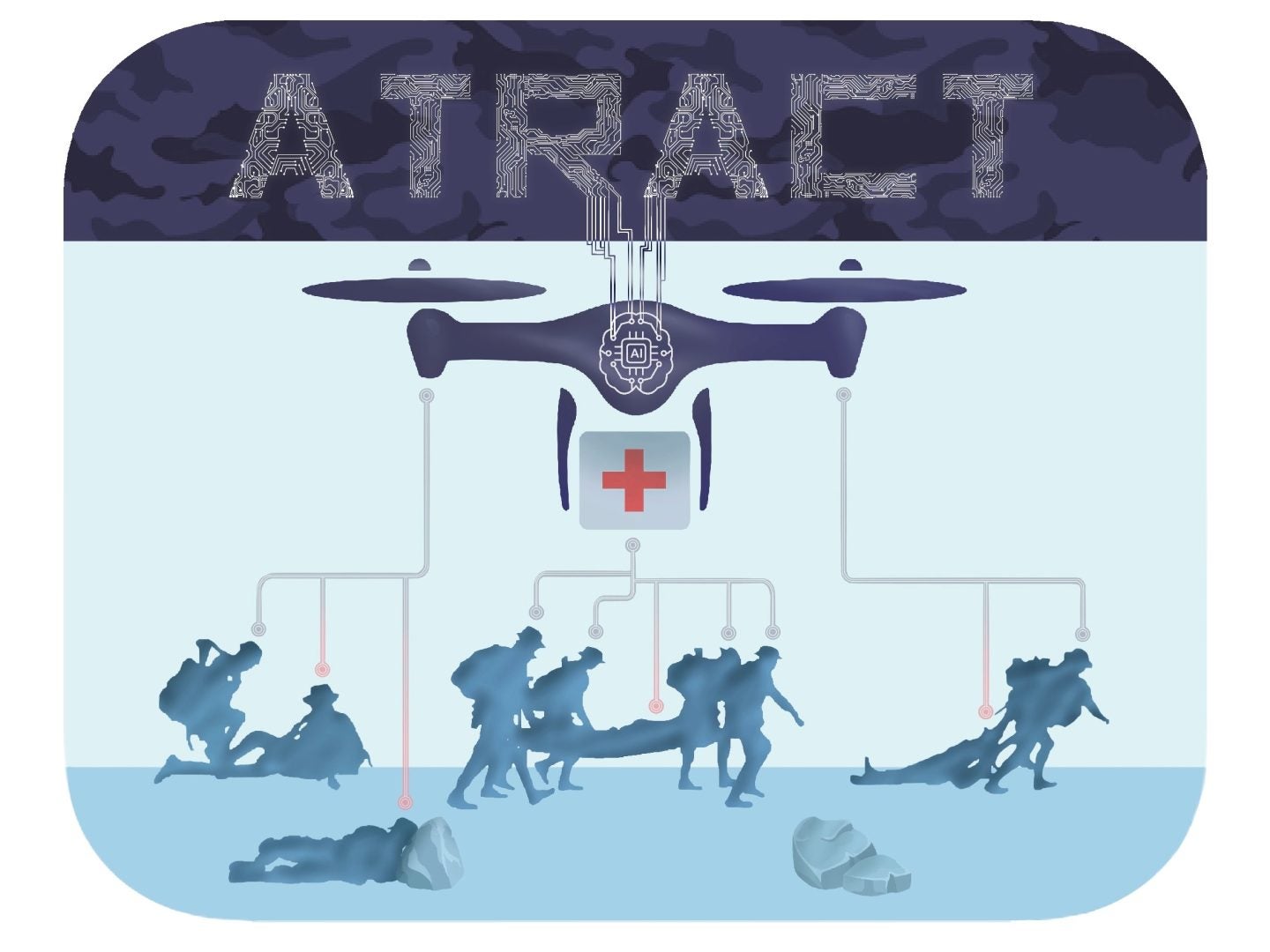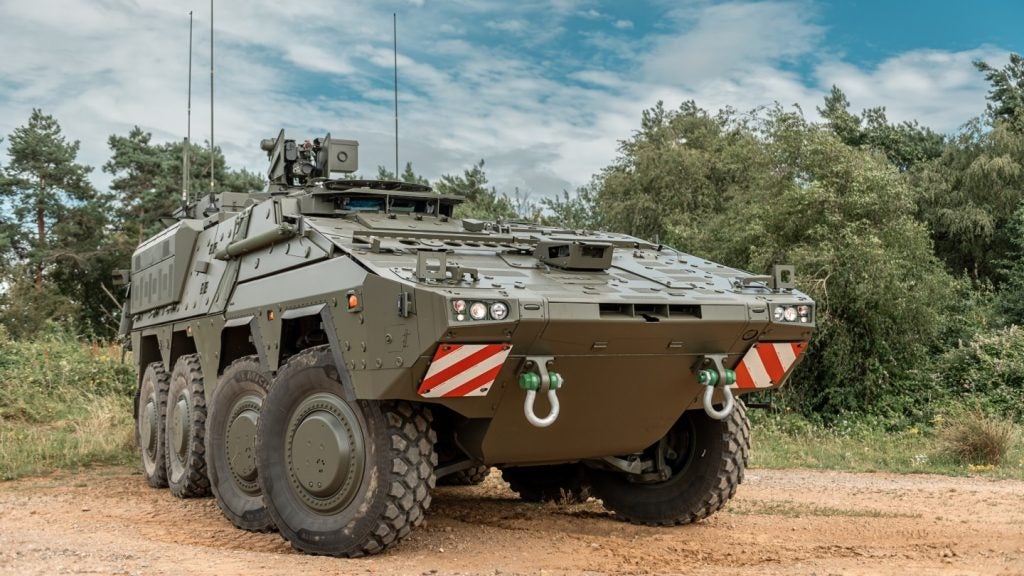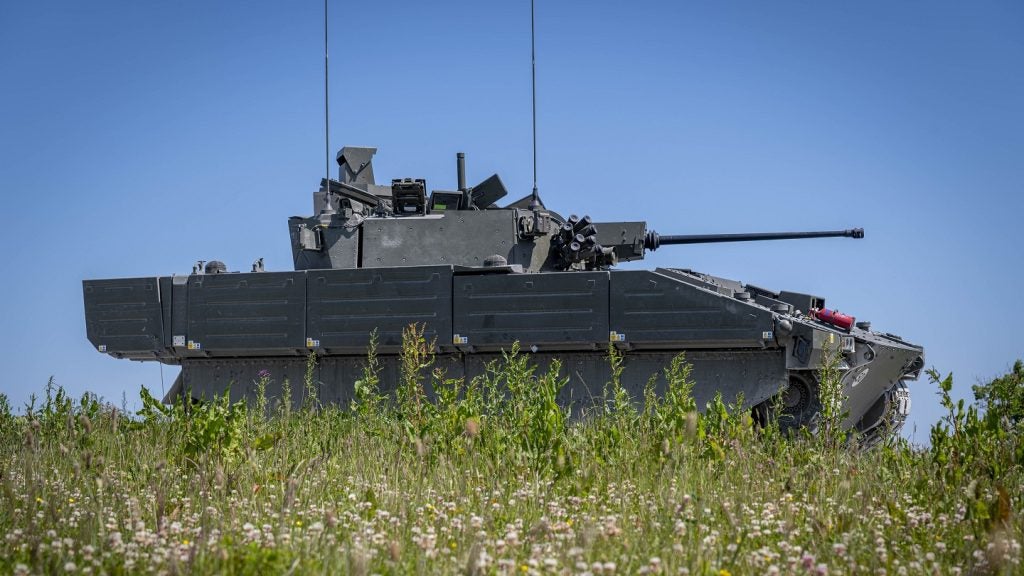
In an effort to reduce casualties on the modern battlefield, researchers at Edge Hill University have launched a new drone project powered by artificial intelligence (AI) for battlefield triage.
Project ATRACT, which stands for A Trustworthy Robotic Autonomous system to support Casualty Triage, is aiming to create an aerial drone that can aid and speed up triage in the crucial post-trauma minutes that shape survival chances on the battlefield.
Modern battlefield impacting rescues
“In the Vietnam War, American evacuation helicopters transformed soldier survivability with the emergence of the ‘Golden Hour,’ using superior air power to evacuate casualties quickly and effectively,” said Ardhendu Behera, professor of computer vision and AI at Edge Hill, explaining how the evolution of modern warfare had set up a requirement for this technology.
“However, as seen in Ukraine, the use of low-cost, accurate, shoulder-launched ground-to-air missiles has significantly disrupted helicopter operations, presenting a heightened risk to casualty evacuation operations.”
As a result of these advancements in weaponry and tactics, helicopter evacuation is now impractical, prompting the development of this project.
When finished, ATRACT will be an autonomous system powered by drones that can aid first responders in making critical decisions in the “platinum ten minutes” after a trauma.
Edge Hill University is leading Project ATRACT with support from Loughborough University, University of Brighton, and University of Portsmouth. Over £850,000 has been provided by the Engineering and Physical Science Research Council (EPSRC) of UK Research and Innovation, and the project is scheduled to be completed in 2026.
Project goals in battlefield triage
The project will centre on four main goals, each of which represents a significant innovation in the application of AI and robotics and autonomous systems (RAS) to the furtherance of a diverse set of technologies.
The first step is to perfect ATRACT’s sensors so that it can easily navigate rough terrain and precisely search for wounded soldiers using visual and thermal imaging data.
Both of ATRACT’s secondary and tertiary goals revolve around the information it gathers. For effective triage management, the research team will use cutting-edge algorithms in conjunction with cutting-edge multimodal AI sensing to pinpoint the exact location of frontline soldiers and track the severity of their injuries in real time.
Crucially, ATRACT will also need to provide near real-time casualty information to an approaching medical team, allowing for more efficient crew resource management and casualty prioritisation, cutting down on time spent on the ground and protecting frontline medics from harm.
In addition, frontline army medics are frequently tasked with keeping tabs on multiple casualties and assigning priority to those with more serious wounds. “There is an urgent unmet need for enhancing casualty survival in a warzone where conventional helicopter evacuations simply aren’t possible.
“While there is much talk of using AI and autonomous platforms as weapons, this project does the opposite, helping to save lives, protect soldiers, and make war less deadly,” said Behera.
Centring ethics for artificial intelligence
With this multidisciplinary effort, the UK will be at the forefront of research into reliable AI and RAS technologies for national security and defence. Commercial opportunities, along with social and economic benefits, are also possible outcomes of this development.
“Each of the project’s elements represents a significant development in drone technology and artificial intelligence,” said Dr Khizer Saeed of the University of Brighton’s school of architecture, technology, and engineering. “We hope to one day see drones like ATRACT helping in natural disasters and terrorist attacks where saving time is key to saving lives.”
The research team will strive to centre its work within the ethical principles laid out by the UK Ministry of Defence regarding AI and autonomy, as well as the laws of war and medical ethics.
Peter Lee, professor of applied ethics at the University of Portsmouth and a co-investigator on the project, emphasised the importance of considering ethical implications from the start. “From design to completion, a unique aspect of the ATRACT project is the creation and use of a bespoke ethical and legal checklist at every stage. AI provides new ethical challenges, and we are determined that they are addressed throughout and not just tagged on as an afterthought.”







